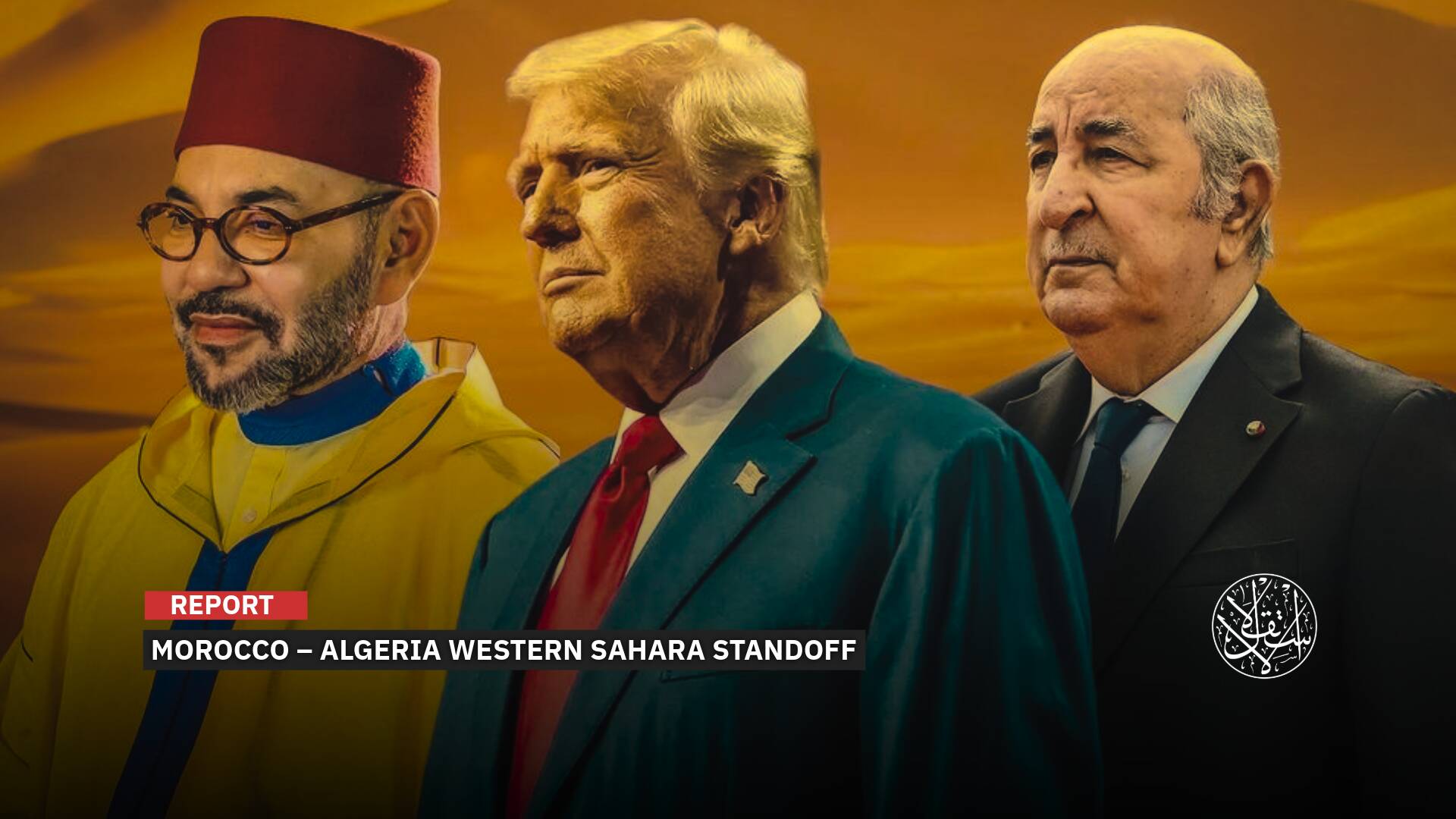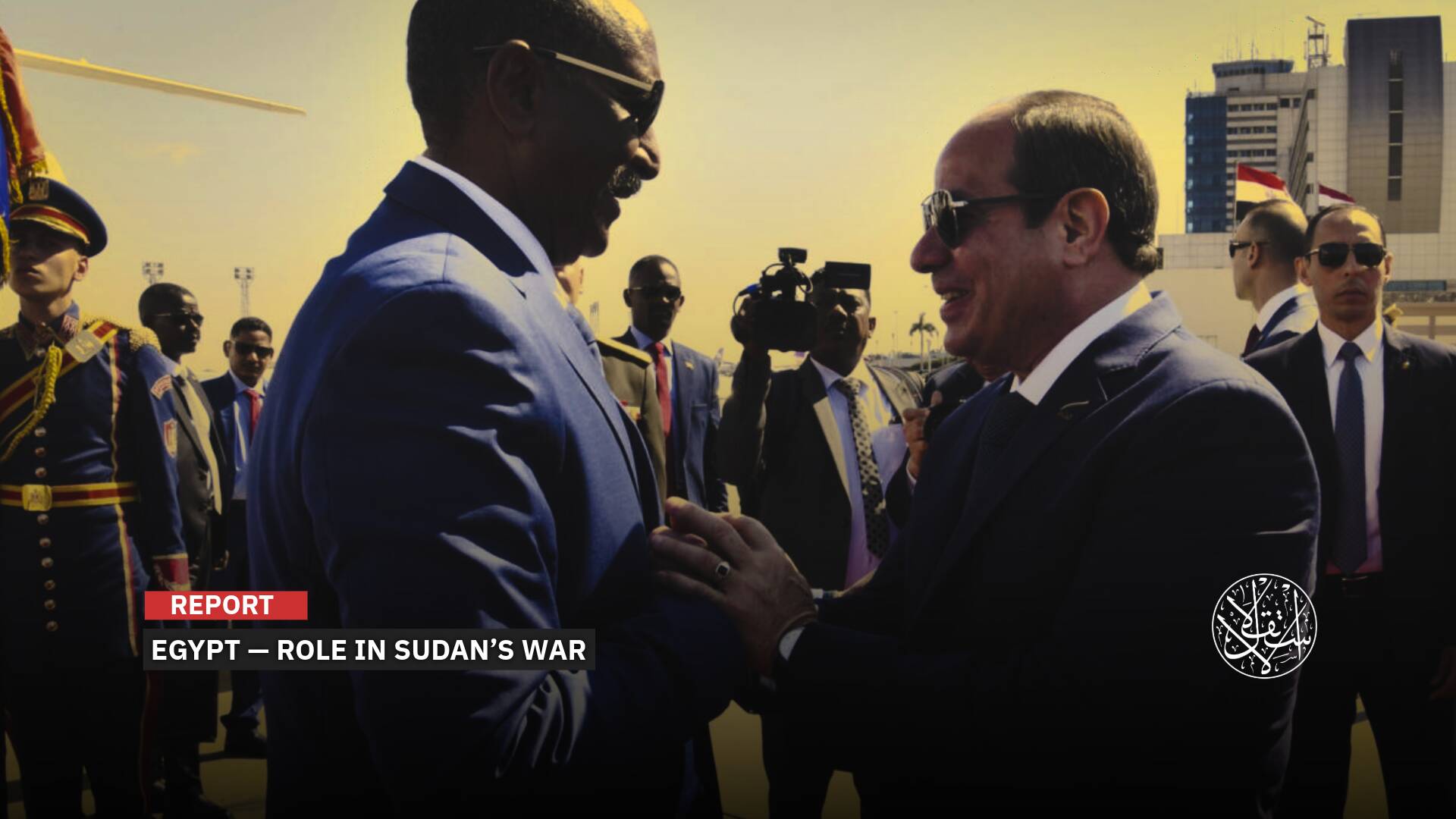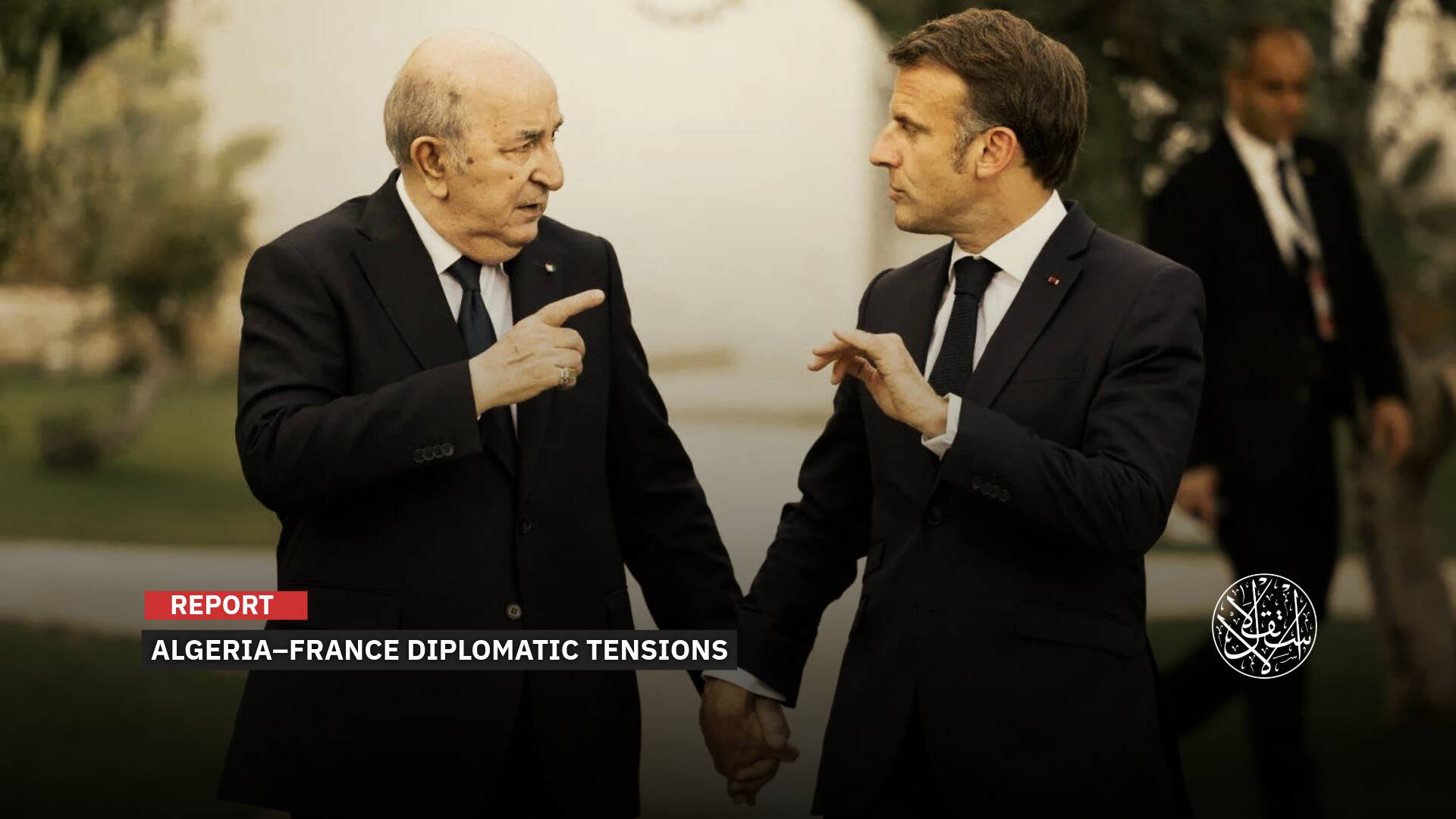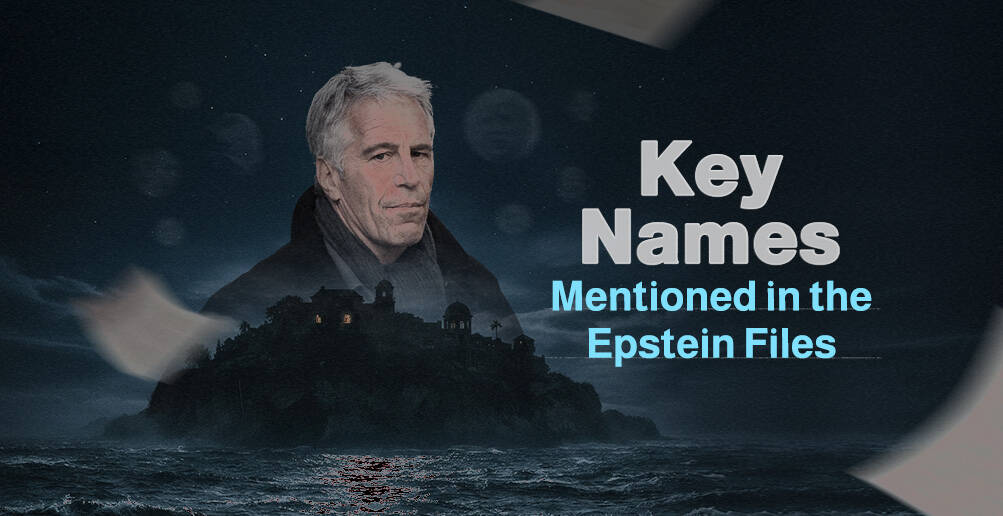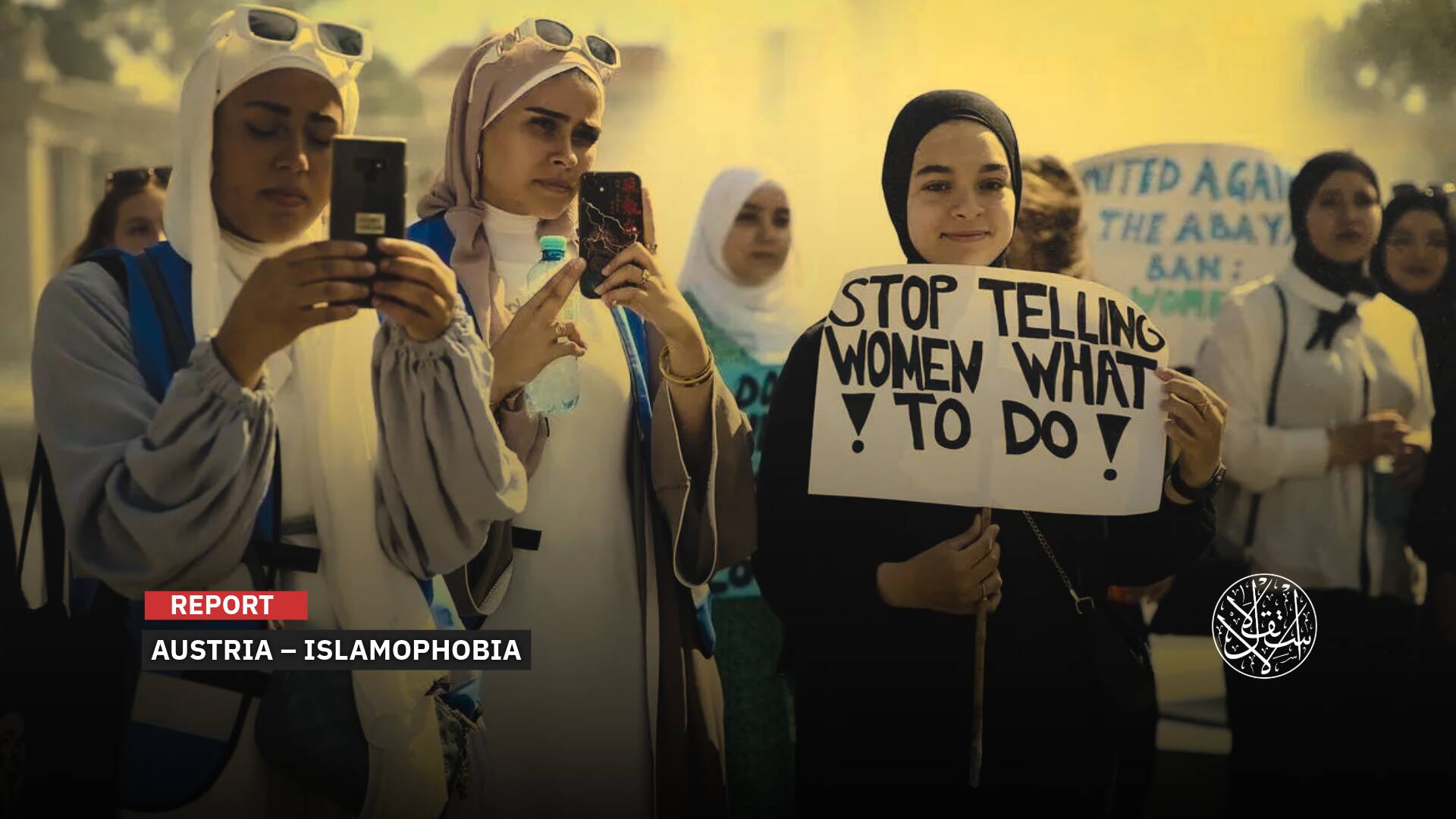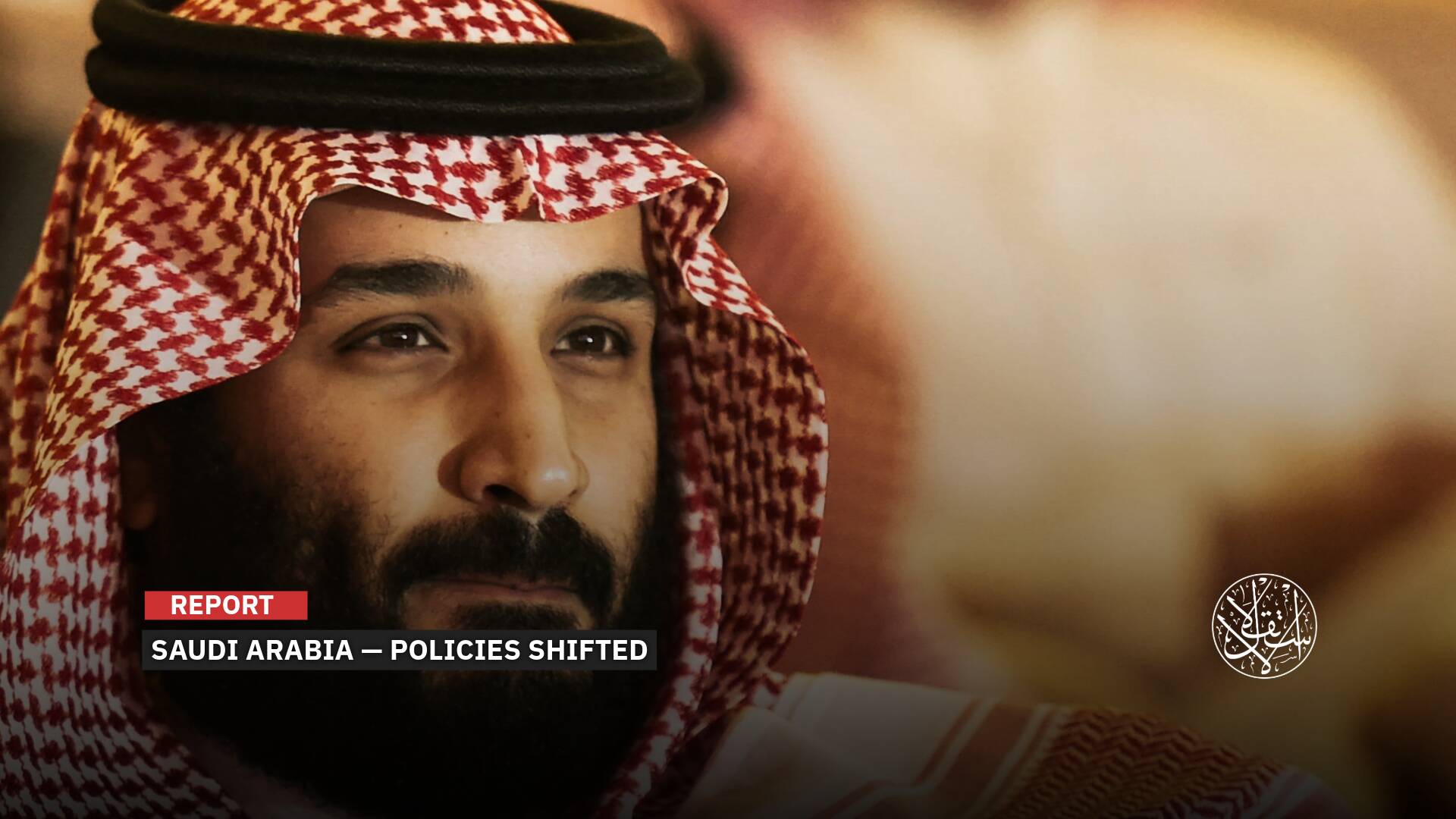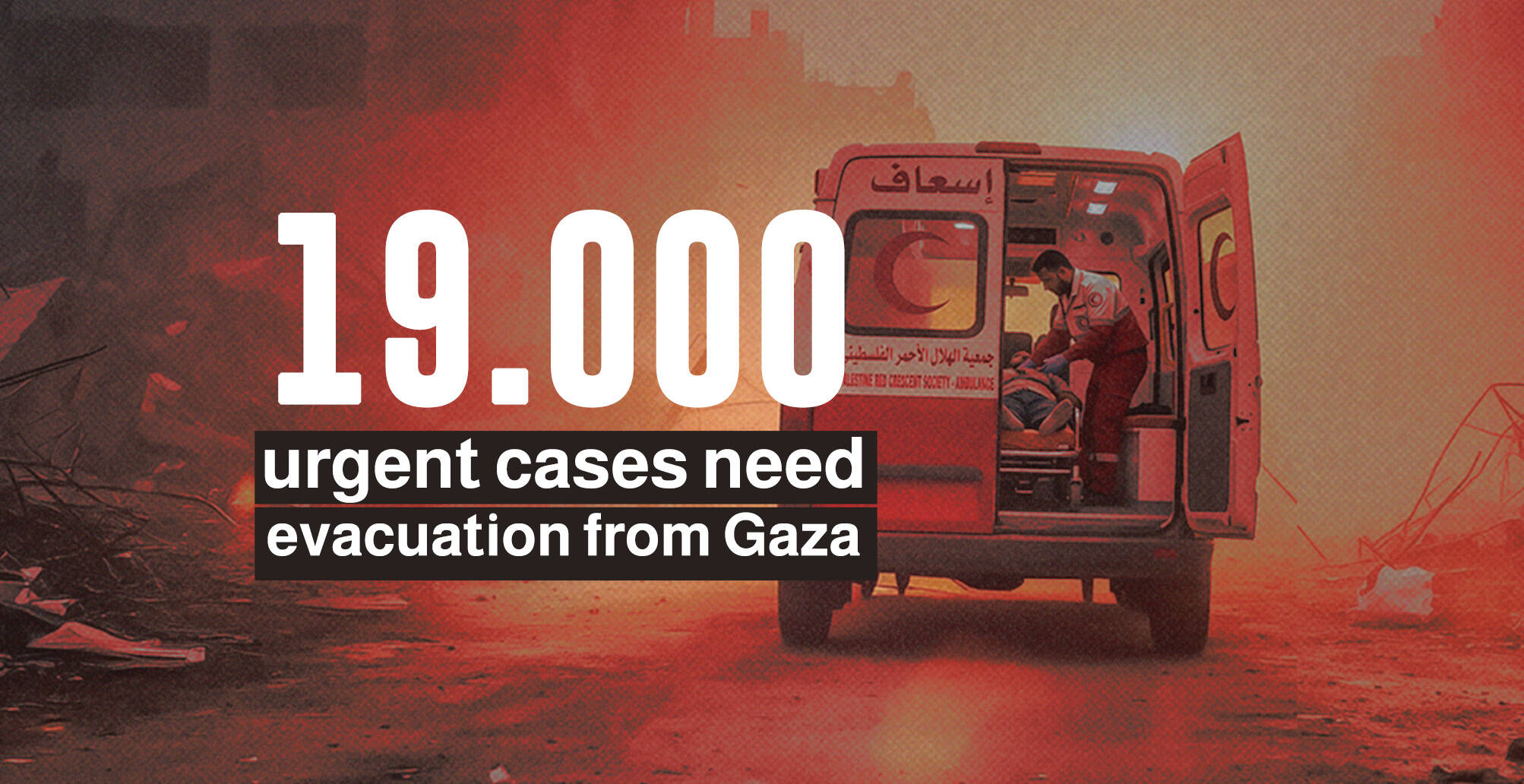Gabon Coup: A New Episode in the Series of French Defeats in Africa
.png)
A group of senior army officers in Gabon declared a coup last week, seizing control of the national television and announcing the end of the rule of President Ali Bongo, who won a third term in a disputed election on August 30.
The officers, who claimed to represent all the security and defense forces in the oil-rich Central African nation, said they acted “on behalf of the Gabonese people” to “defend peace by putting an end to the current regime.”
They said they had dissolved all state institutions and closed all borders until further notice.
They also said that Bongo, who has been in power since 2009, was under house arrest with his family and doctors and that one of his sons had been arrested on charges of high treason.
The coup came amid rising tensions and fears of violence after the presidential, parliamentary, and legislative elections, which Bongo won with 64.27 percent of the votes, according to official results. The opposition denounced the vote as fraudulent and called for change.

Bongo’s Family
Ali Bongo, 64, is the son of Omar Bongo, who ruled Gabon for 42 years until his death in 2009. The Bongo family has dominated the country’s politics since its independence from France in 1960 when Leon M’ba became the first president. M’ba was accused of running a dictatorial regime that sought to ensure French interests.
Omar Bongo was known for his mediation role in many African conflicts and his close ties with France as part of the Françafrique system of political and economic influence between Paris and its former colonies.
His son Ali, however, appeared to distance himself from the former colonial power and faced challenges from a more diverse opposition.
The credibility of the latest elections in Gabon has been questioned by many observers and critics, who pointed out the lack of international monitors, the suspension of some foreign media outlets, and the authorities’ decision to cut off internet access and impose a night curfew after the polls.
Bongo faced 18 rivals in the race, six of whom backed opposition leader Albert Ondo Ossa to increase his chances.
In 2016, Bongo’s re-election for a second term sparked violent protests that resulted in the burning of the parliament building and several deaths. The government shut down the internet for several days then.
In 2018, Bongo suffered a stroke that sidelined him from public life for almost a year and fueled calls for him to resign. The following year, a failed coup attempt by rebel soldiers was quickly suppressed by loyalist forces.

Africa’s Paradise
With its lush forests and diverse wildlife, Gabon has earned the reputation of being “Africa’s paradise.”
The small nation in west-central Africa boasts a rich ecosystem that supports endemic and endangered species, such as forest elephants, gorillas, chimpanzees, and leopards.
Its national parks, which cover about 11 percent of its territory, are among the most pristine and protected in the world.
But Gabon is not only a natural wonderland. It is also a major oil producer and a highly urbanized country.
More than 80 percent of its population of about two million people live in cities, mainly in Libreville, the capital and largest city, and Port-Gentil, the economic hub.
Both cities are located on the Atlantic coast, near the mouth of the Como River, which gives Gabon its name. The word “gabao” means “cloak” in Portuguese and refers to the shape of the river’s estuary.
Gabon’s official language is French, which is spoken by most of its citizens along with their local languages. The country was a French colony until 1960 when it gained its independence.
Since then, it has maintained close ties with France and other former colonial powers. It is also a member of the African Union, the United Nations, and the Organization of the Petroleum Exporting Countries.
Gabon faces many challenges, such as poverty, inequality, corruption, and environmental degradation.
But it also has many opportunities, such as developing its tourism sector, diversifying its economy, and strengthening its democracy.
As one of Africa’s most stable and prosperous countries, Gabon has the potential to be a model for the continent and the world.

Oil and Wood
Gabon, a small Central African nation of 2.3 million people, has long relied on its abundant natural resources to fuel its economy.
But as oil production declines and environmental concerns rise, the country faces a challenge: how to balance its dependence on fossil fuels with its commitment to protecting its vast rainforests.
Oil was discovered in Gabon in the 1970s, transforming it into one of the richest countries in Africa in terms of per capita gross domestic product, which was estimated at about $8,820 in 2022.
The oil industry generated large revenues for the government, which invested in infrastructure, education, and health care.
Gabon is one of the leading producers of crude oil in sub-Saharan Africa, ranking among the top five since 1931, when many deposits were found near the capital, Libreville. In 2020, oil accounted for 38.5% of gross domestic product and 70.5% of exports, according to the World Bank.
But the oil boom also came with a cost: a heavy reliance on hydrocarbons that left the economy vulnerable to price fluctuations and market shocks.
One in every three people in Gabon lived below the poverty line at the end of 2022, and the authorities failed to diversify the economy enough to create more jobs and opportunities.
At the same time, Gabon is home to some of the world’s largest and most pristine rainforests, covering about 88% of its territory. The World Bank describes Gabon as “a net carbon sink and a leader in net zero emissions initiatives,” thanks to its efforts to reduce emissions and conserve its forests.
Gabon is aware that its oil reserves will not last forever and that it needs to find alternative sources of income and development. That is why it has turned to its rainforests as a potential asset while also promising to safeguard them from exploitation and deforestation.
In 2019, Gabon became the first African country to receive payments from an international fund for reducing carbon emissions from deforestation and forest degradation. The fund, backed by Norway, pays Gabon $10 per ton of carbon dioxide not emitted, up to a maximum of $150 million over 10 years.
Gabon hopes that this initiative will encourage other countries to follow suit and reward its efforts to protect its natural heritage. But it also faces challenges and risks: how to ensure that the payments are used transparently and effectively, how to monitor and verify the emissions reductions, and how to balance the interests of local communities, logging companies, and conservation groups.
Gabon’s story is one of contrasts and contradictions: a country blessed with oil and wood, but also burdened by them; a country that strives to be a model of green development, but also struggles with poverty and inequality; a country that seeks to preserve its forests, but also profit from them.



